Why Religious Freedom Should Matter to Absolutely Everyone
Religious Freedom in a Pluralistic Society
Why should religious freedom matter to everyone? Because the value we put on religious liberty shows how much we really care about freedom. If you’re going to be able to work for the common good—with people from all sorts of backgrounds—the law has got to protect your freedom to live by your convictions.
But what is religious freedom? Religious freedom is a civil right that comes from God, not the government. Why should it matter even to people who aren’t religious? Because religious freedom upholds freedom of conscience for both religious and non-religious people.
What is Religious Freedom?
Religious freedom is a civil right that doesn’t ultimately come from the government. The founders of our nation knew this. All they did was recognize the rights God already gave us. That’s why they wrote The First Amendment to the U.S. Constitution–to protect our intrinsic rights from being infringed upon by the federal government.
Having religious freedom doesn’t just mean you have the right to believe certain religious claims are true. It also means having the freedom to live according to your convictions in everyday life–not just while you’re sitting in your house or in church. Our founders said no government had the right to take religious freedom away. That’s what the opening section of the Declaration of Independence is all about. The idea that God, not the government, grants us religious freedom is one of the key ideas our system of government was built on.
So, religious freedom means the right to both believe and act on our beliefs in society. But how does the law relate to the freedoms of our non-religious friends and neighbors?
Religious Freedom in a Pluralistic Society
To have a free society, we’ve got to have religious freedom—even in a diverse, pluralistic culture. Why? So people from all kinds of backgrounds can live out their beliefs in matters of conscience. This relates to freedom of speech too. If you’re gonna live in a free society, you’re gonna hear from people who disagree with you.
Look, if you’re an atheist, I’m not offended. Why should I be? Hopefully, you’re not offended by me being a Christian, either. Part of true tolerance is being able to have a respectful conversation about some of the most important things in life—even with people who disagree with us. But the law’s got to provide freedom of belief and expression for everyone. This is one reason the Freedom from Religion movement isn’t very helpful in a pluralistic society. I like how Kelly Shackelford, president, and CEO of First Liberty Institute, put it on the Table Podcast:
There’s no freedom from religion if there’s freedom of religion. There’s no freedom from speech if there’s freedom of speech.
When you live a free society, you hear things that you disagree with. That’s OK. People have a right to say things you disagree with. But that includes religious things you disagree with. Freedom of religion means you don’t have some right to be free from hearing about someone else’s religion. It’s gonna happen in a free society where you have the exchange of ideas.
This is why a law forcing someone to take down a nativity scene on their own property doesn’t help society—it’s the government exercising an unjust power over conscience.
Why Religious Freedom Should Matter to Everyone
I like how Shackelford responds to a common argument for removing religious things from public life and explains why everyone should care about religious freedom:
[Many people] the use of the term which, of course, is not in the Constitution, “separation of church and state.” But then they read that in a bizarre way, to mean that everywhere the government is, religion can’t be there. Well, the government’s everywhere. So what that would essentially mean is, religion goes into the corners of society, and religious expression [too]…
Some people want religious freedom to mean, “You have the right to your religion in your church, in your synagogue, and in your home, and that’s it.”They think the country would be better if religion was removed from public society [but] if these folks ever got what they really wanted, what they’d really have is the government having power over people’s conscience: Freedom from religion.
If the government could tell us that we [could not] talk about religion in public, we [would have] given incredible power to the government over the marketplace of ideas, and people’s conscience and expression…for the atheist, they lose freedom, too…so, we really all should be for full, vibrant religious freedom–for those of faith–and those who don’t have faith at all.
As Christians, we don’t need an unfair advantage. All we need is freedom to speak the truth…You think especially [of] some of the Muslim countries where there’s just a complete meshing of government and religion. And certainly there’s not religious freedom in those places.
That’s a very different idea from ours and…what they do when they infuse [religion] with the government is they take away people’s freedoms. I think the Judeo-Christian [worldview] that believes your faith is between you and God, is what’s behind giving freedom to everybody, no matter what their faith is, or even if they have no faith at all.
Religious Freedom and Freedom of Conscience
Maybe the best way to help our skeptical friends think about this is to frame the conversation in terms of freedom of conscience. Religious freedom is a part of that. Thinking about it like this, no one should feel threatened. At least that’s the way I see it.
In the end, religious freedom is so important to a diverse, pluralistic culture because both religious and non-religious people must be free to live out their beliefs in matters of conscience. A country where you can only say things that support the position of the government or a majority perspective is no free country at all. And that is why religious freedom should matter to absolutely everybody.
The value our society puts on religious freedom tells us a lot about how we see freedom in general. In a diverse, pluralistic society, we must value conscience rights if we’re going to maintain a free society where people of different faiths and no faith can still work together for the common good.
Recommended resources related to the topic:
Legislating Morality: Is it Wise? Is it Legal? Is it Possible? by Frank Turek (Book, DVD, Mp3, Mp4, PowerPoint download, PowerPoint CD)
American Apocalypse MP3, and DVD by Frank Turek
Correct, NOT Politically Correct: How Same-Sex Marriage Hurts Everyone (Updated/Expanded) downloadable pdf, Book, DVD Set, Mp4 Download by Frank Turek
Economics, Environment, Political Culture CD by Kerby Anderson
Government Ethics CD by Kerby Anderson
The Case for Christian Activism MP3 Set, DVD Set, mp4 Download Set by Frank Turek
You Can’t NOT Legislate Morality mp3 by Frank Turek
Economics, Environment, Political Culture CD by Kerby Anderson
Mikel is a Ph.D. student in New Testament Studies at Dallas Theological Seminary, Cultural Engagement Manager at the Hendricks Center, and Adjunct Professor of Apologetics and World Religion at William Jessup University.
Original Blog Source: https://bit.ly/3aEDNjz

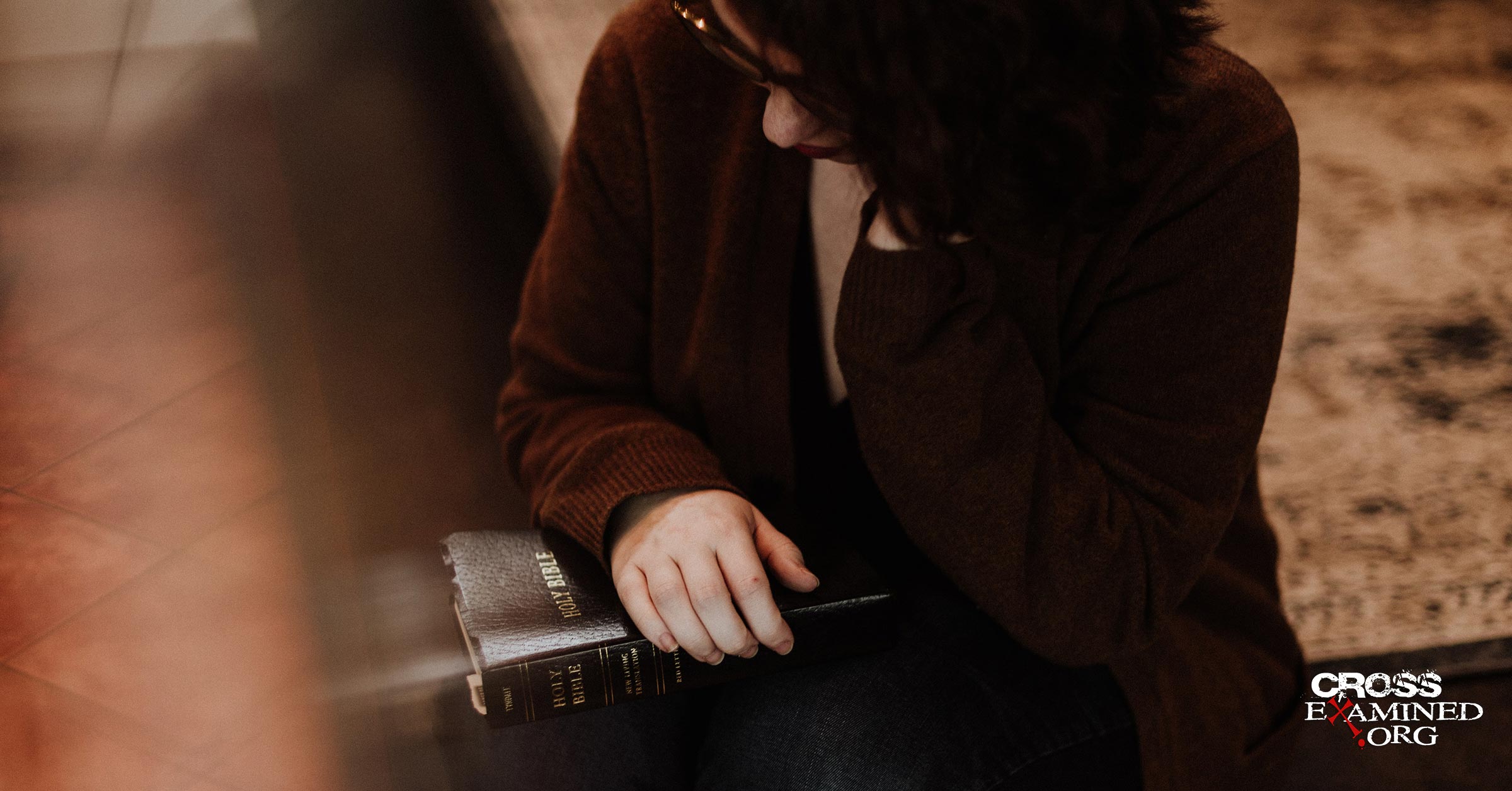
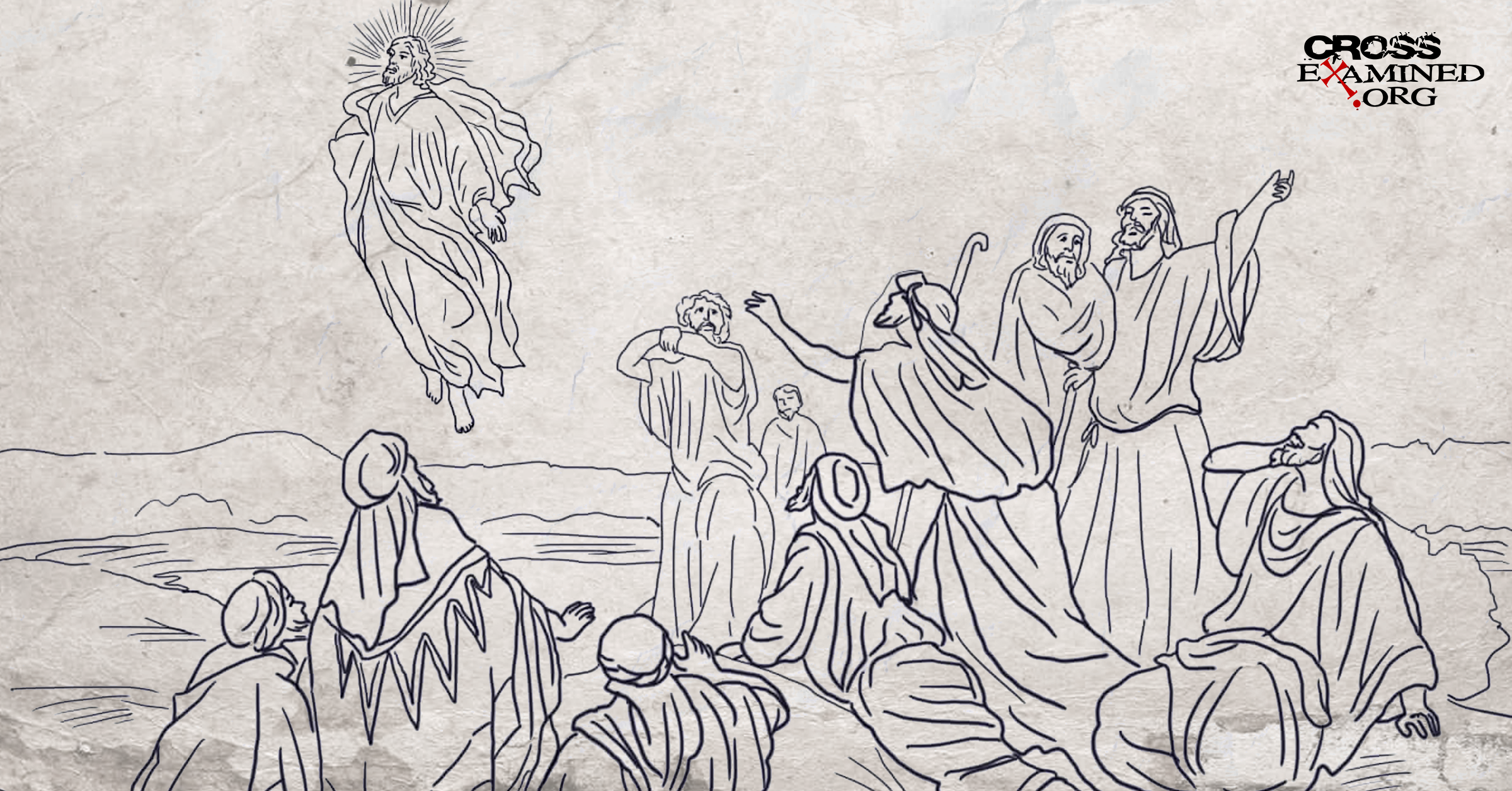
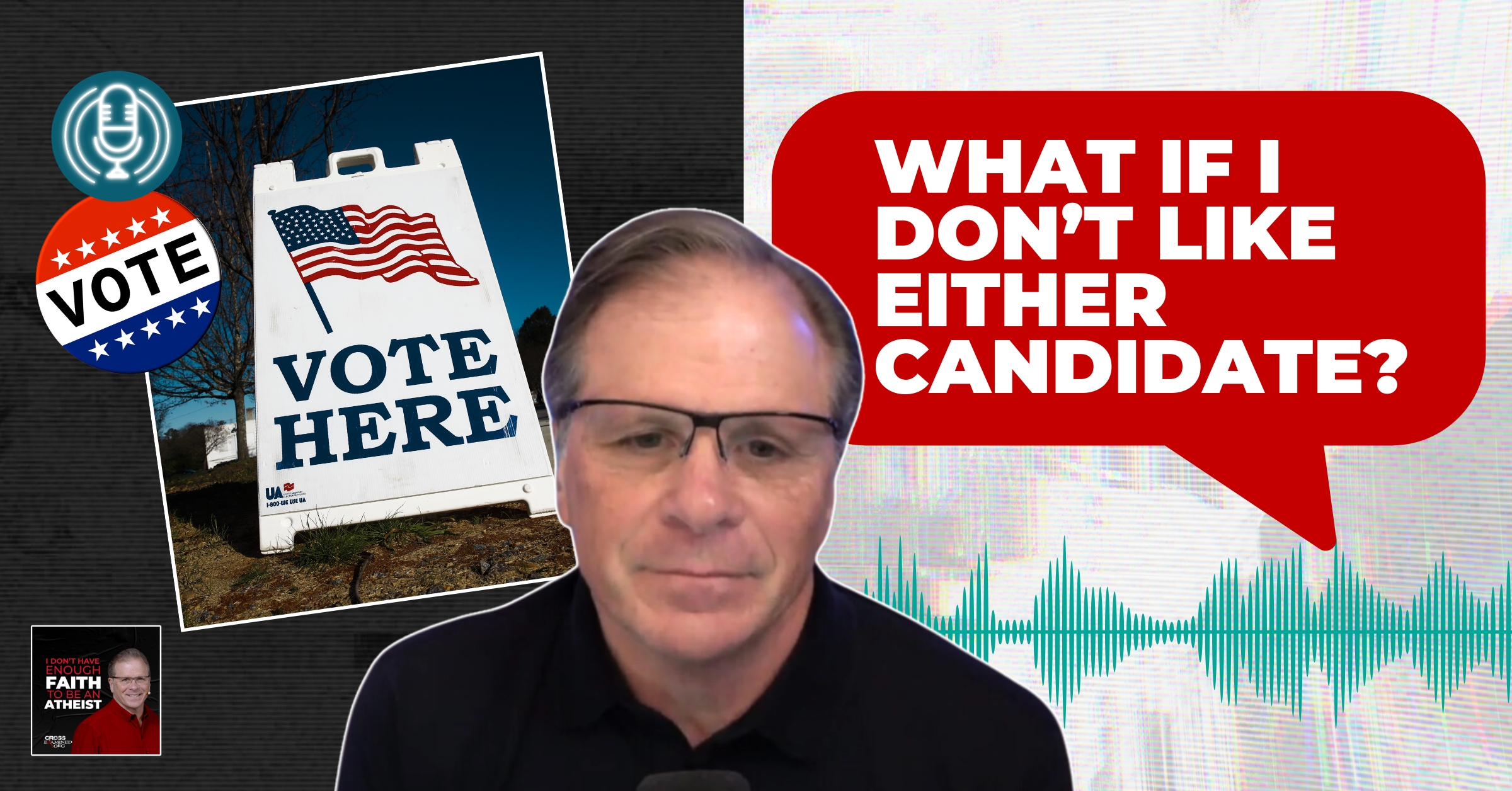
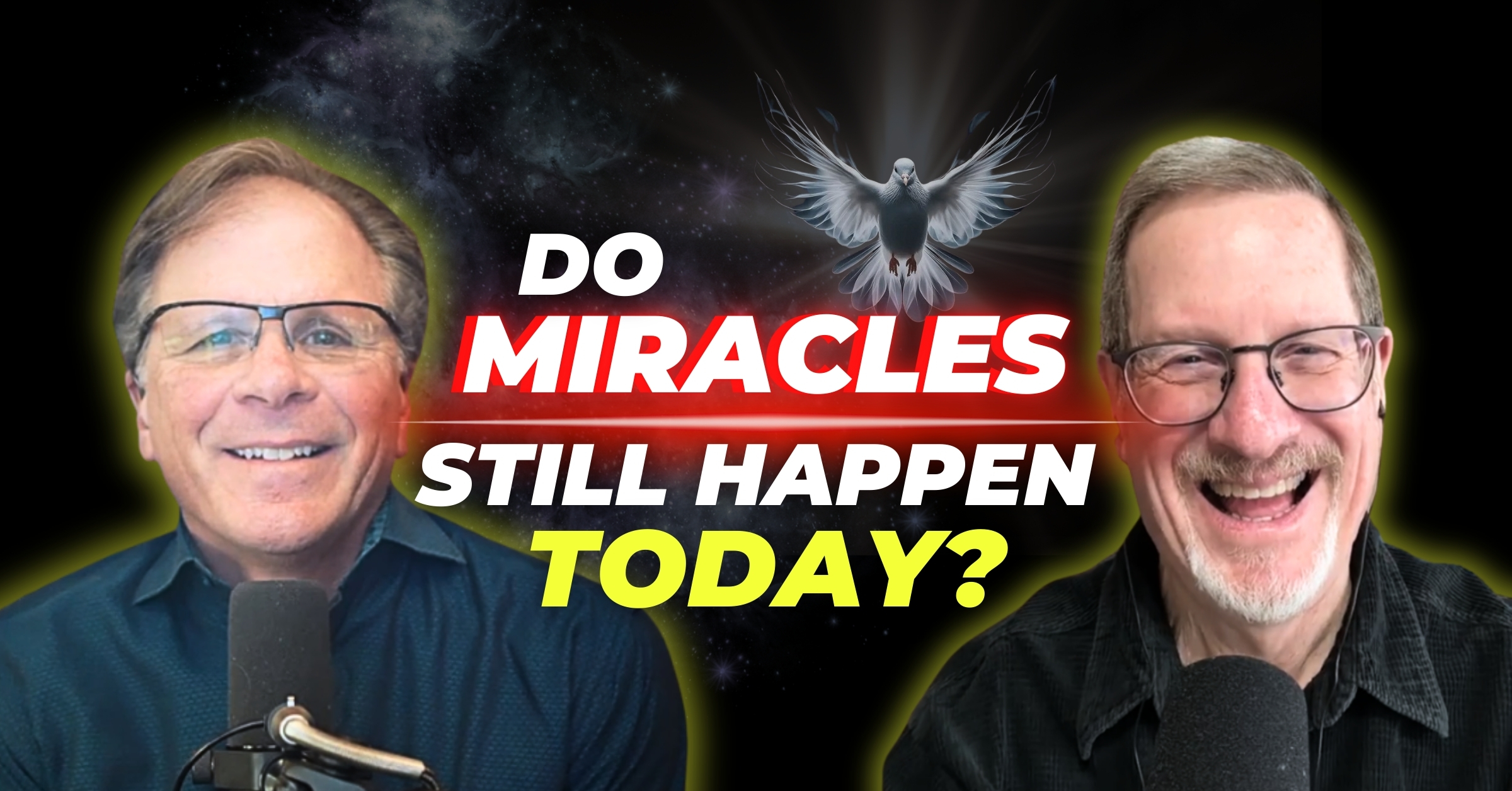
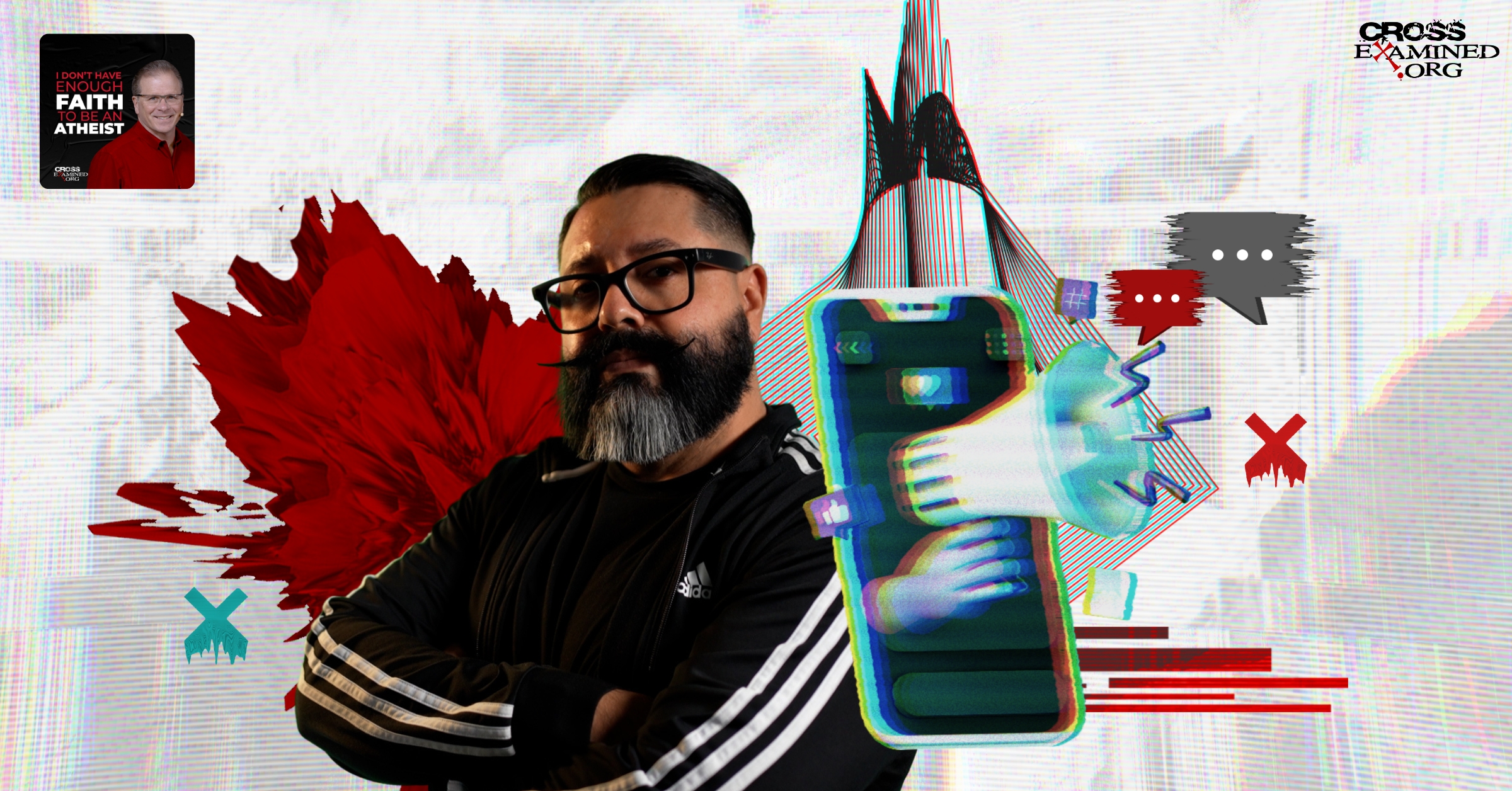



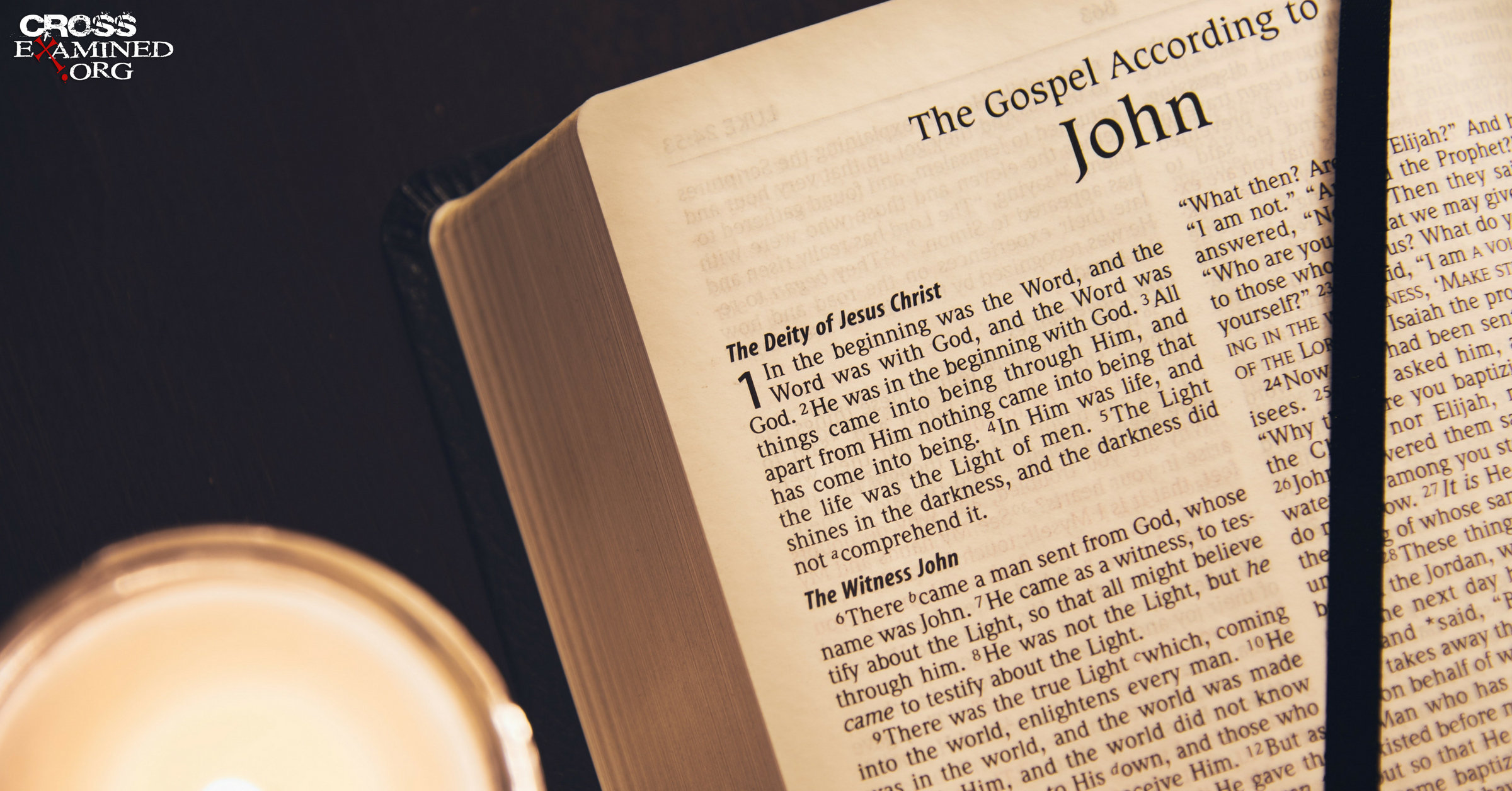
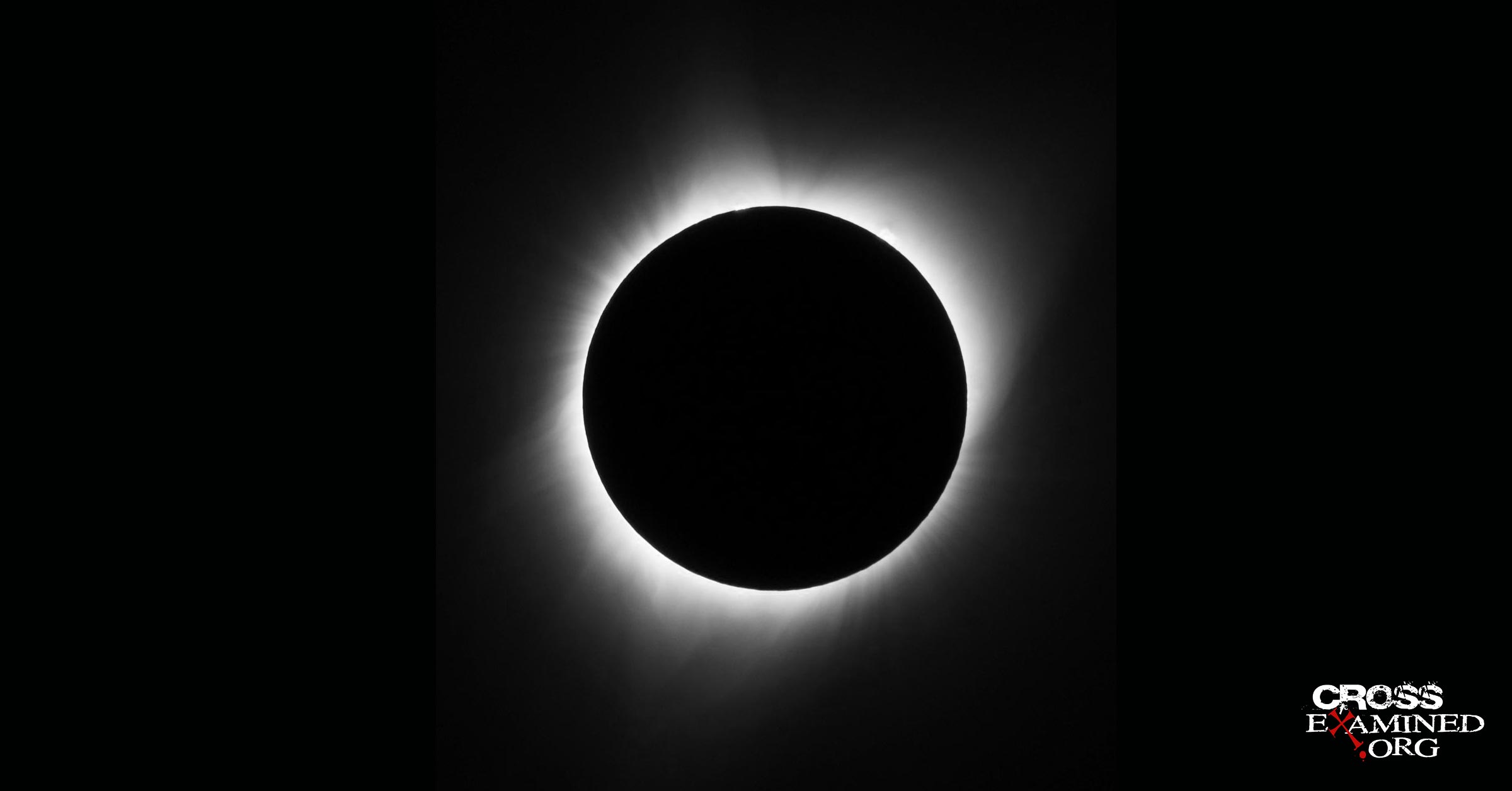
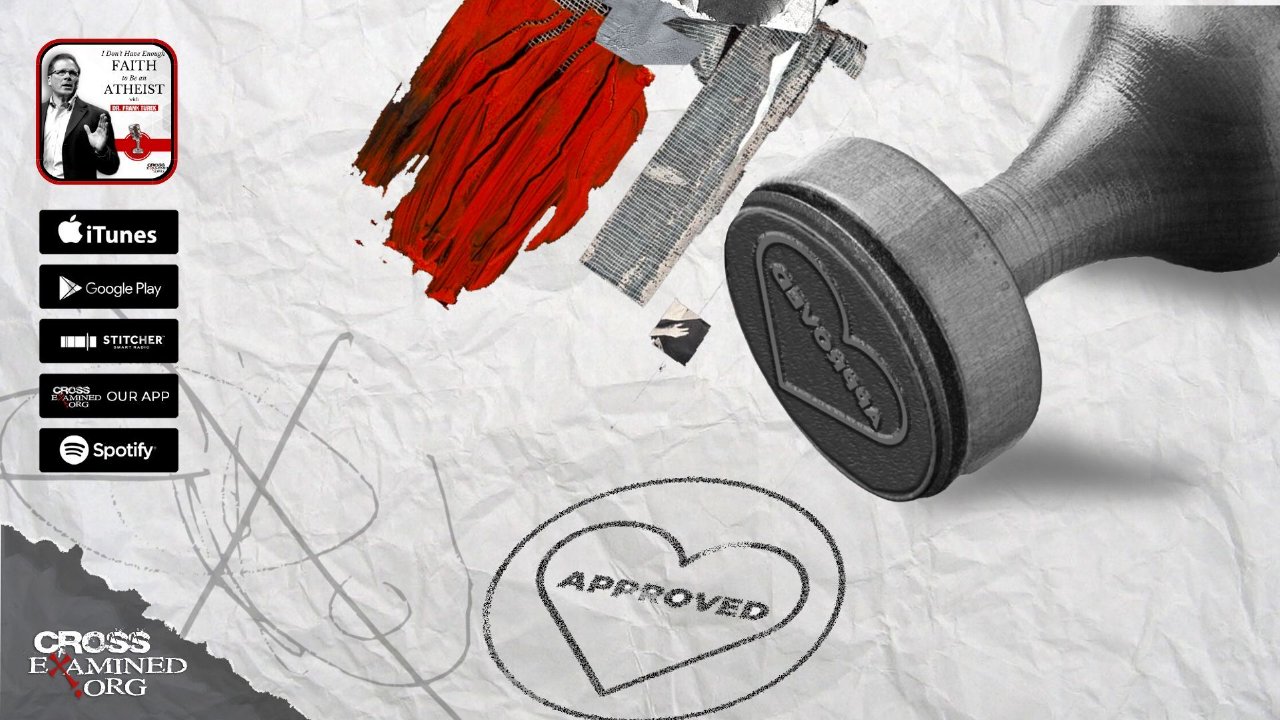
Leave a Reply
Want to join the discussion?Feel free to contribute!